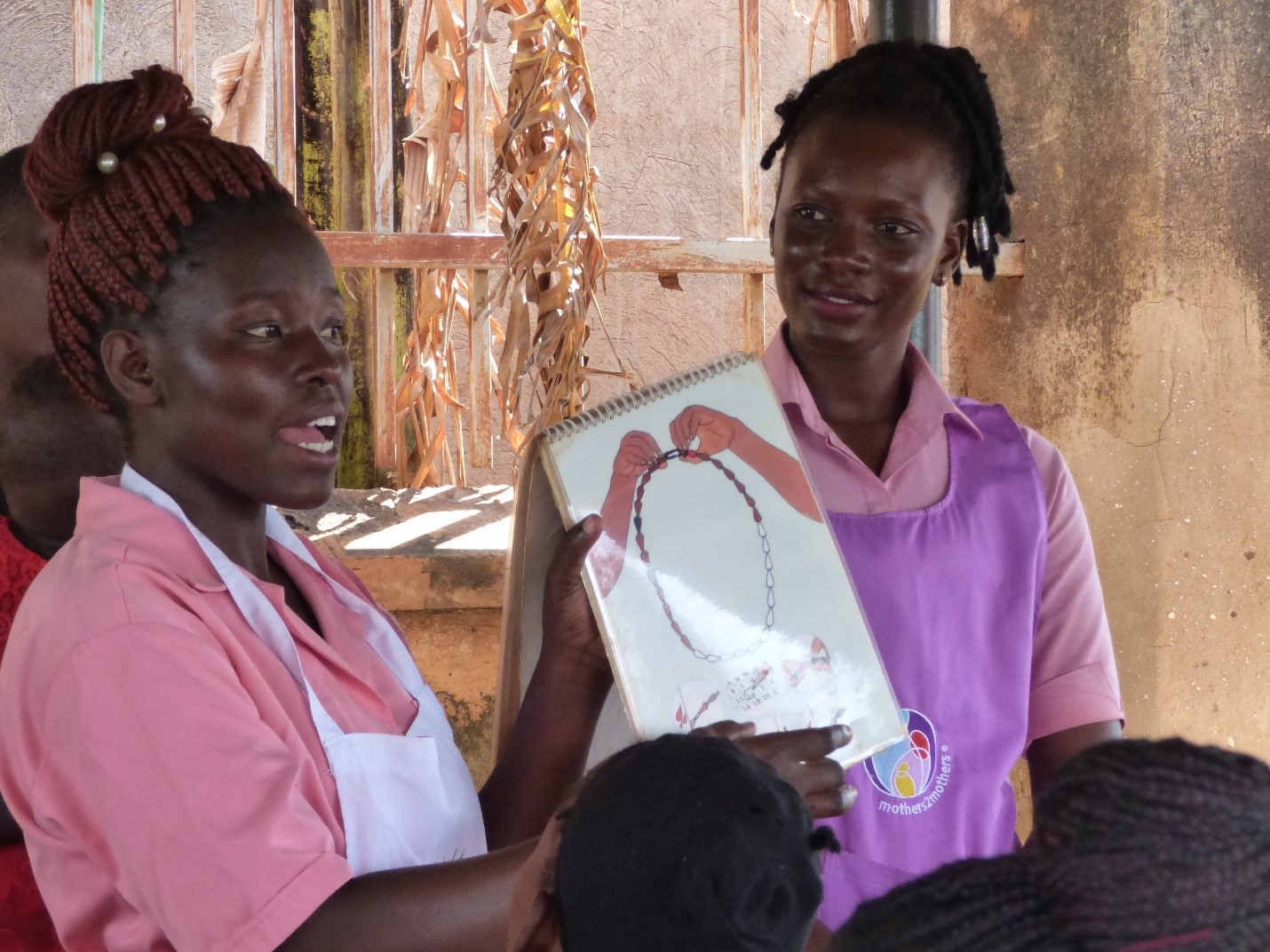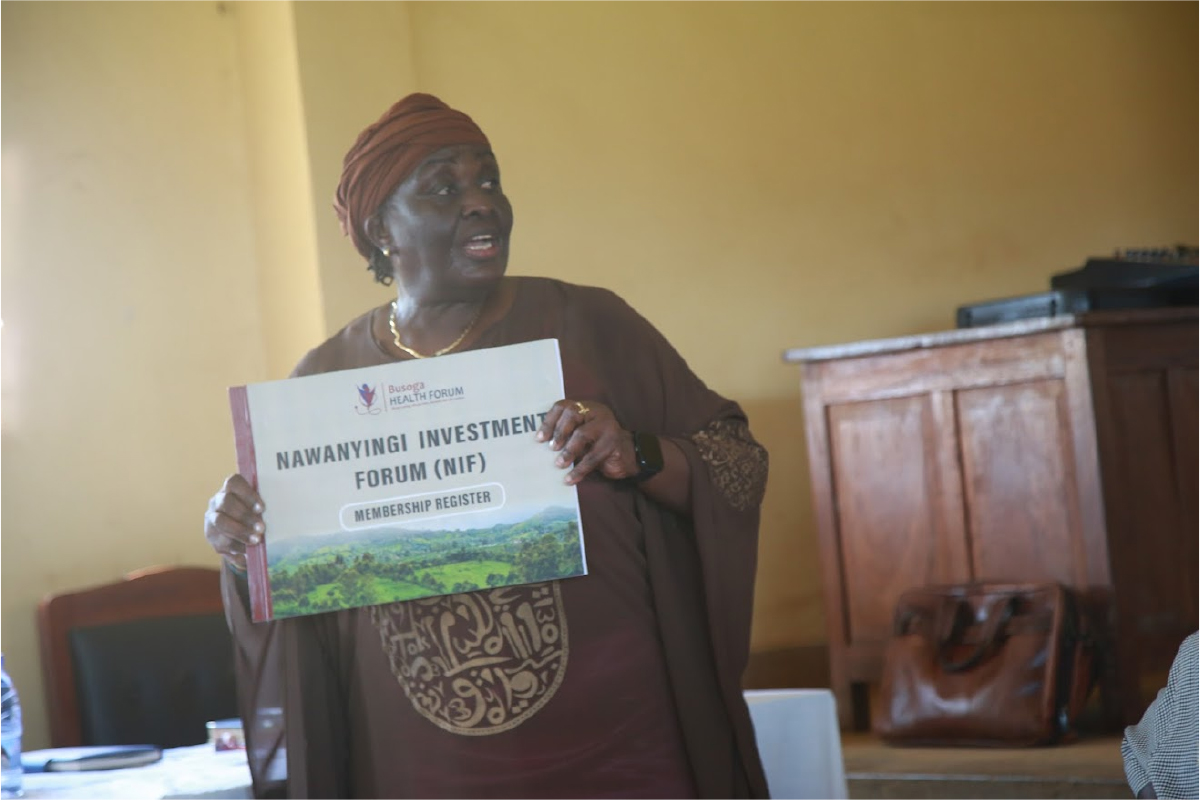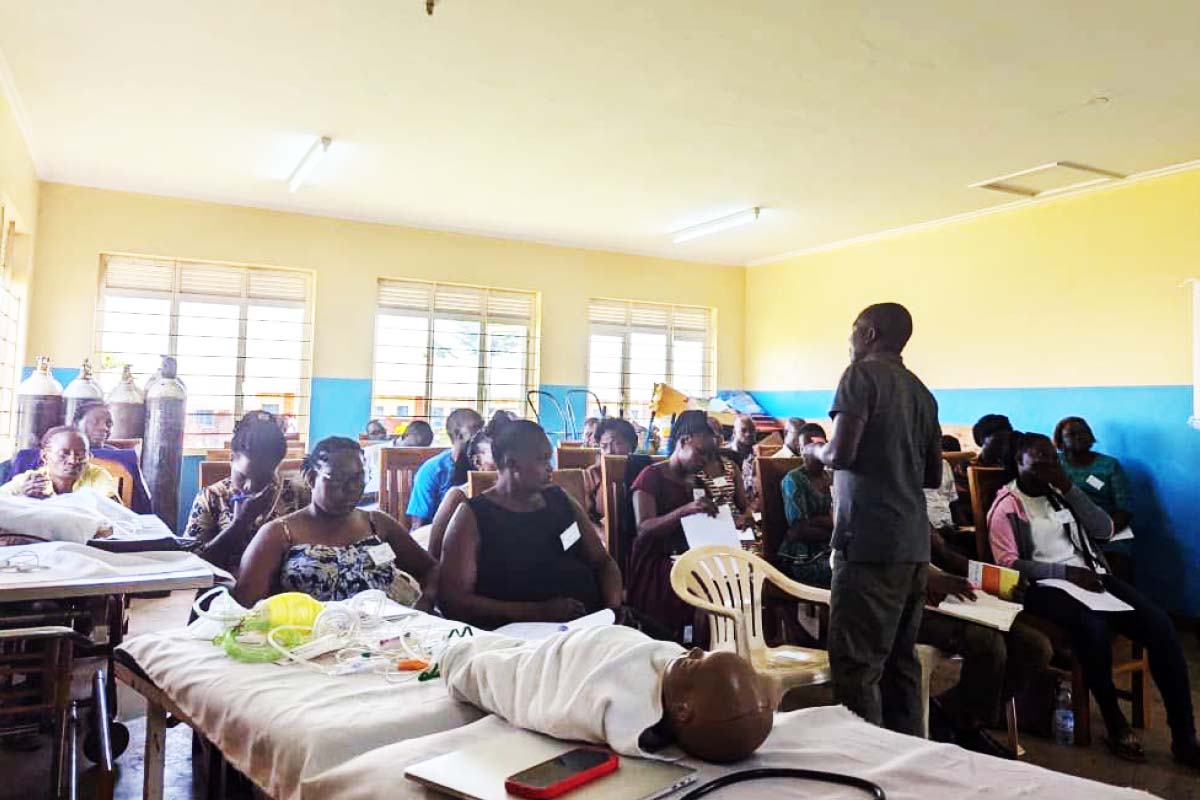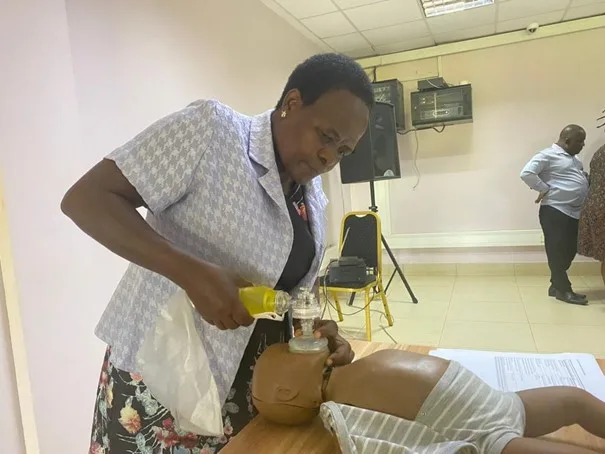
Jinja health workers asked to integrate family planning
By Elizabeth Namara
Health workers in Jinja have been urged to strengthen the integration of family planning with other reproductive health services in facilities. This was during the training of Jinja health workers for the past two weeks that took place at Jinja City Hall.
The training of health workers in family planning is part of the Urban Thrive Project Interventions aimed at reducing the unmet need for family planning and increasing contraceptive uptake in Iganga Municipality and Jinja City.
According to Sr. Joan Namwase, the trainer at the workshop, the fact that the same clients and patients seek the same services is one of the rationales for the integration of reproductive health services.
Integration aims to improve reproductive health indicators in the Busoga sub-region, in Eastern Uganda.
Sr. Namwase confirmed that integration eases early HIV/AIDS care for those who need it, post-partum care, adolescent counseling, and early contraception guidance, among others.
According to World Health Organization, the integration of services means providing all services together—ideally in one place, by the same provider, on the same day—to deliver more comprehensive care to clients.
The participants in the training were also thrilled about the curriculum, especially client counseling and the management of side effects.
Family planning counseling involves explaining to the clients why they need family planning; why they should use family planning; and the side effects and their management, in case of any.
Ms. Miria Babirye, a registered Nurse based at Sure pharmacy Jinja appreciated Busoga Health Forum for the initiative to train health workers. “I had knowledge gaps before the training. I am going to be an expert from now onwards.”
Nurse Babirye also emphasized the significance of counseling. She was happy to have influenced a client to use a compatible method of family planning while doing the field attachment at Bugembe Health Center IV. “The lady appreciated the counseling. The client understood the importance of using an IUD,” she excitedly said.
“This has been a wonderful training. I have found improved information and new terminologies. If one insisted on the ones before they one would get lost,” Sr. Jennifer Namuganza, a nurse at Jinja Central Health Center III commented.
Sr. Namuganza has been working as a nurse for more than twenty-five years but in all these years she had never inserted any family planning method. “I have been doing mostly counseling: I counsel and refer. From this training, I am going to start providing. I have had a successful procedure in the attachment,” she said.
The participants in the training called upon the Ministry of Health to start giving more Sayana Press [an easy-to-use hormonal birth control option for women, which women can self-administer] in facilities as women are using it because of the fewer side effects.
They also applauded Busoga Health Forum for the timely initiative because the number of teenage mothers in the region is very alarming.
One of the trainers, Sr. Tuhimbise Ndibalema affirmed that the trained health workers are willing to give family planning in their departments since the training has been focusing on integration.
Sr Ndibalema noted: “They have been limited in the departments that were not providing family planning. They will have to start the initiative and set the example.”
By the last day of the training, all the trainees promised to act in their health facilities by starting family planning integration.
Busoga Health Forum will carry out support supervision to make sure that family planning integration is being carried out in the identified health facilities whose staff have been trained.
The Urban Thrive Project is funded by John Templeton Foundation and implemented by Busoga Health Forum in collaboration with Makerere University School of Public Health.





